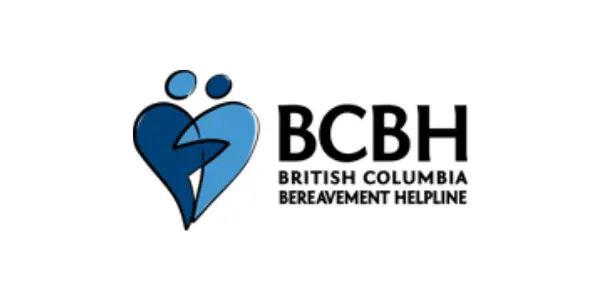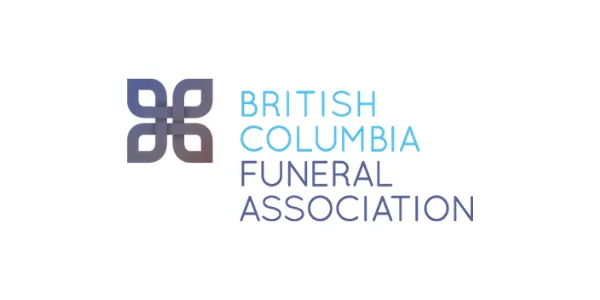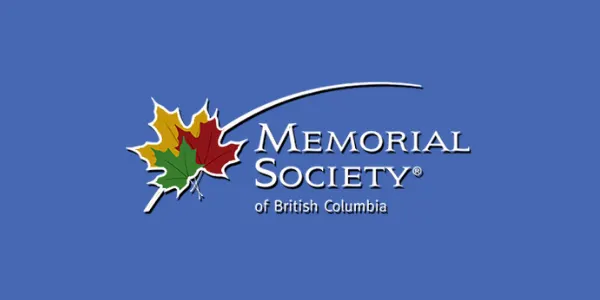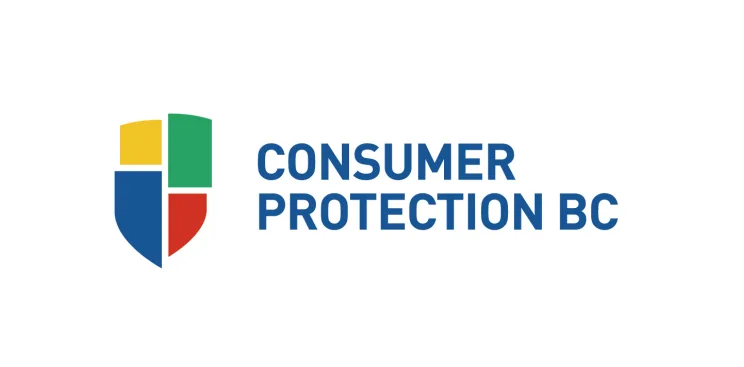
Can I scatter my loved one's ashes over public lands?
There are many decisions to make when arranging the funeral of a loved one. Will they be buried or cremated? What will the funeral service look like? Your loved one may have left instructions about what they want. When possible, arrangements should respect their wishes.
What you should know
The deceased may have named an executor in a will. This person is responsible for arranging the funeral and paying the funeral expenses from the deceased’s estate.
If there’s no executor, the responsibility falls on the deceased’s spouse. If there’s no spouse or they’re not willing to take the job, BC law sets out a priority order. Next up are the deceased’s adult children, then adult grandchildren, then a parent, and so on.
What if the right passes to people of equal rank (such as adult children)? The law says they can decide among themselves who should do it. If they can’t agree, priority descends in order of age.
"In her will, our mom asked us to scatter her remains over a local pond. We wanted to bury her ashes beside our dad. But mom had set out a preference in her will, and it wasn’t unreasonable or impracticable. So that preference had to be honoured. After the funeral service, we gathered to scatter mom's ashes over the pond, as she’d wanted."
– Mavis, Kelowna, BC

By law in BC, a deceased person must be buried or cremated. The latter involves using extreme heat and processing to turn the body into coarse sand-like ashes.
Not all wills cover details relating to burial or cremation, or the funeral service. Some do. Your loved one’s particular wishes for their funeral or memorial service won’t be binding, even if they put them in their will.
But their preference, if expressed in a will, for burial or cremation is legally binding — except if following it would be unreasonable, impracticable, or cause hardship. The same applies if the preference is noted in a contract for cemetery or funeral services. But if the preference is expressed in any other way — such as through a letter or by telling a loved one — it’s not legally binding.
Even if a preference isn’t legally binding, arrangements should respect the deceased’s wishes when possible.
Cremation can’t take place until at least 48 hours after death. This is because it ends any possibility of determining the cause of death.
The cremated remains are returned to whoever is arranging the funeral. As long as the ashes are treated with respect, the law doesn’t limit what you can do with them. You can keep the ashes in an urn, bury them in a cemetery plot, or scatter them. You can even take them out of Canada to disperse them.
The legality of scattering ashes
There are no laws in BC that prohibit the scattering of cremated remains on land, sea, or by air. Ashes can generally be scattered anywhere. But if you wish to scatter ashes on private land, get consent from the landowner. (Otherwise you’re breaking the law in a different way: by trespassing.)
There’s no law stating a specific time frame for burial. The timeline is usually determined by the logistics involved. This includes getting any required permits and authorizations, notifying family and friends, preparing the cemetery site, and observing religious and cultural rituals.
What embalming involves
Embalming involves using chemicals to prevent the body from decomposing. The funeral home may suggest embalming, particularly if an open casket is planned or there’s a delay before the burial. Embalming is not required under the law.
When you meet with the funeral home to make the arrangements, make sure you know what you’re purchasing. Is it really what you want? Some services offered by funeral homes are legal requirements, such as registering the death. Other services are optional, such as embalming or having a memorial book.
Prices for funeral services vary widely. All funeral providers must display a current price list of the services and products they offer. If you ask for prices over the phone, they must provide them to you. (Never be shy to ask if there are other, perhaps cheaper, solutions that you aren’t being steered toward.)
The funeral home should provide a written estimate of the cost of the funeral, but the final bill may be higher. The bill will cover the costs of burial or cremation, the fees for the funeral service, and the professional services of the funeral director. You’ll also be charged for any extras, such as flowers or catering.
All funeral homes, cemeteries and crematoriums must be licensed with Consumer Protection BC. This body regulates the cemetery and funeral services industry in BC.
If you have a complaint about a funeral home, cemetery, or crematorium, contact Consumer Protection BC.
Making the arrangements
The deceased may have left a will. Locating it tells you who’s named as executor. The deceased may have also expressed their preferences for organ donation, burial or cremation, and their funeral service in their will.
The will may be in the deceased’s home, in a safety deposit box, or at the office of the lawyer or notary public who drafted it.
If you still can’t find the will, you can search the wills registry maintained by the Vital Statistics Agency. If the deceased filed a notice with the registry, the search will indicate the location of the original will.
Funerals can celebrate the life of the deceased, provide comfort for the living, and offer community support to grieving family and friends.
In planning the funeral service, consider:
Location. Common options include a funeral home, a church, a community facility, your home, or the home of a friend or relative.
Type of service. Ideally, the service will reflect the lifestyle and personality of the deceased. Options include a graveside service (in which the urn or casket is buried), a memorial service or celebration of life (services without a burial), or a direct cremation or burial (a disposition without a formal ceremony).
Urn or marker. If there’s an urn or a grave marker, do you want to display it at the service?
The person who arranges the funeral is responsible for paying the bill. Check your loved one’s personal papers to see if they made a preneed contract. If they did, they’d have paid for the whole cost of the funeral in advance.
If the funeral wasn’t paid for in advance, ask the funeral home for an invoice. Take the invoice to the financial institution where the deceased did their banking. Most banks will pay the funeral home directly from the deceased’s account. The bank may wish to see a copy of the death certificate and the will, if there is one.
You can be reimbursed for funeral expenses
If you pay the funeral home’s bill out of your own pocket, you can be paid back from the deceased’s estate. But you’ll need to wait until the estate is settled to receive reimbursement.
You may be able to get financial help
The BC government may assist when a person dies and there’s no money to pay for funeral expenses. The government reviews the financial situation of the deceased’s estate. They also look at the survivors’ ability to pay. Any funeral expenses covered are a debt due to the government and might be recovered.
If the deceased served in the military and meets the financial criteria, you may be able to get help with funeral expenses from the Last Post Fund. This organization provides grants to the family of a qualifying veteran. The grants go toward funeral and burial expenses when the estate cannot afford to pay.
If the deceased was a child, some funeral homes have a compassionate policy for child deaths.
The Crime Victim Assistance Program may provide benefits to help cover the funeral expenses of a victim of crime.
The cost of the funeral service doesn’t include the cost of a cemetery lot or a memorial marker (for example, a headstone or plaque). You must arrange for these separately.
Before purchasing a memorial marker, make sure it meets the requirements of the cemetery selected. Most memorial dealers can tell you the requirements for local cemeteries.
Who can help

BC Bereavement Helpline
A non-profit society that helps people in BC cope with grief.

BC Funeral Association
A non-profit, membership organization that provides information about funeral services in BC.

Memorial Society of BC
A non-profit society that helps to plan funerals that are simple, dignified, and affordable.

Consumer Protection BC
Handles complaints about funeral homes, cemeteries, or crematoriums in BC.

